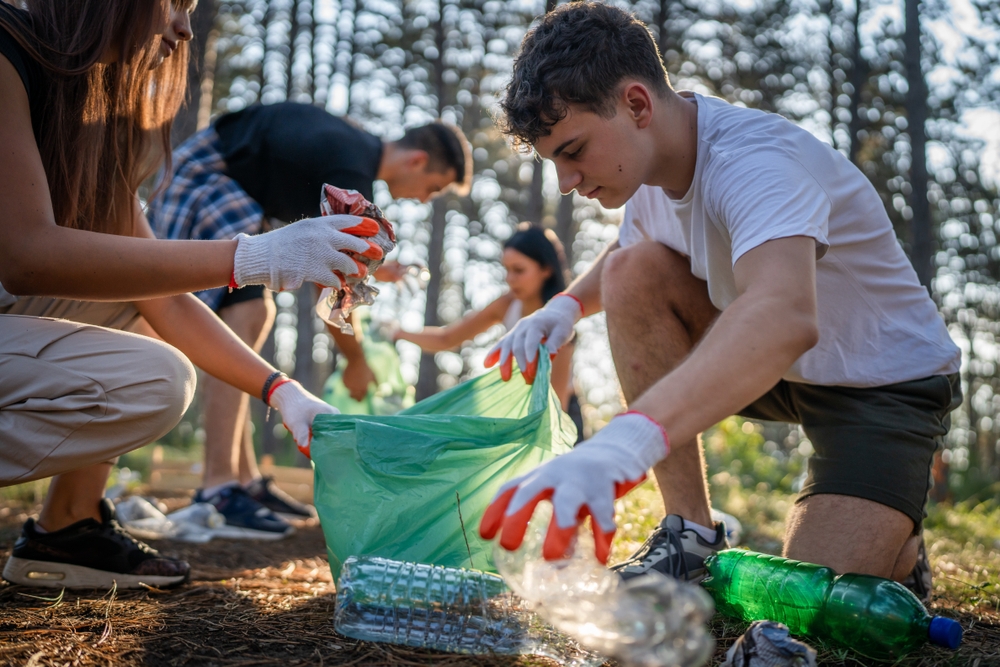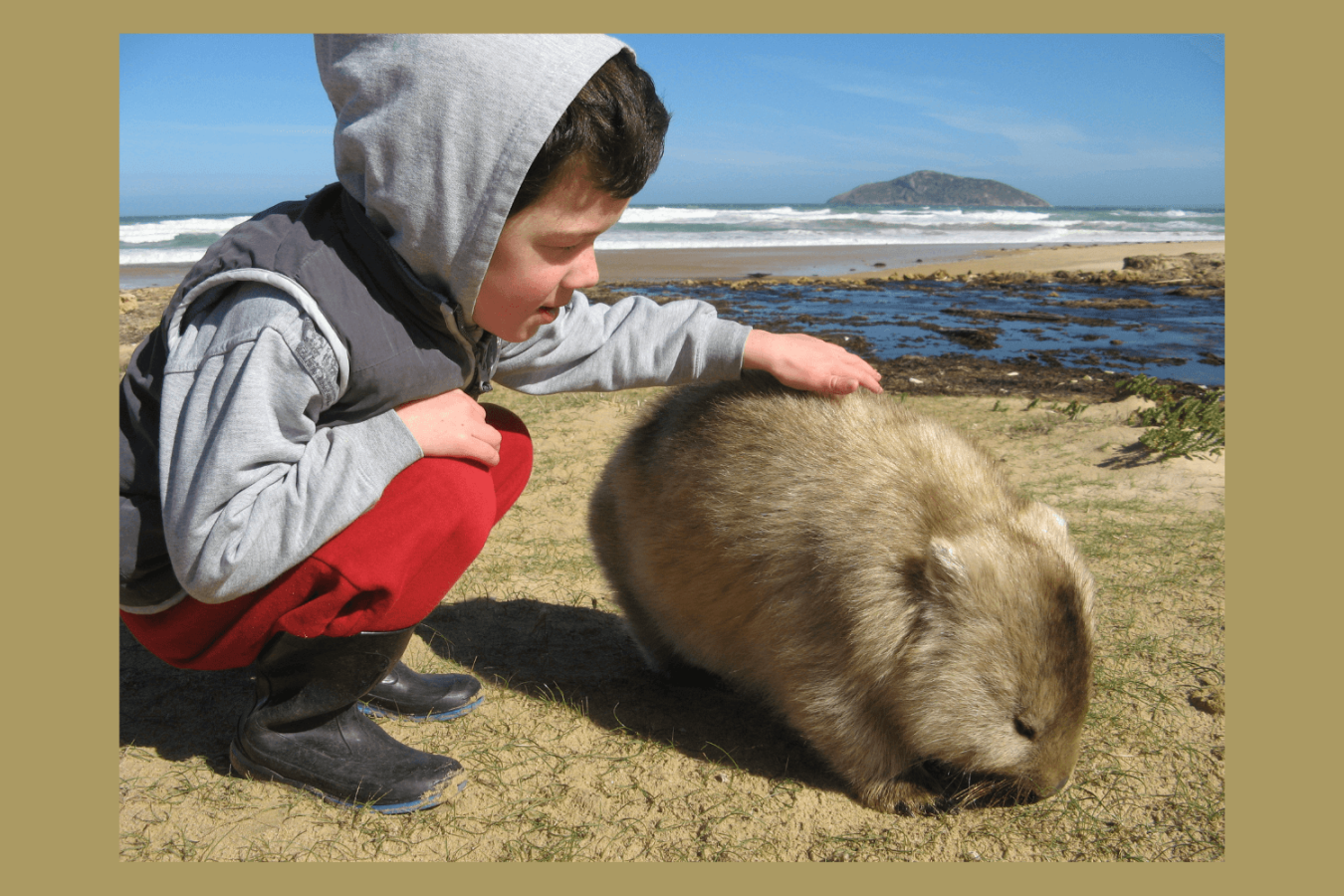
Are you noticing that your teenager is starting to show interest in various career paths? Expert in careers, Helen Green, shares ideas on how they can pursue opportunities during the summer holiday.
The summer break is an opportunity for students to enjoy down time – as they should. However, the long break is also an ideal time to consider work experience, volunteering, chatting with people working in different sectors, dabbling in some online career resources aimed at their age group, or even taking a short course.
Do be realistic. Teenagers are unlikely to be scribbling career tasks on a whiteboard, though even one of these strategies is helpful. Young people today can expect to have five or six careers throughout their working lives, and it is estimated half the careers they will be working in have not been invented yet – especially in STEM. Any chance they get to develop confidence, self-awareness, resilience and employability skills is positive. Here are a few tips to get started.
Work experience
Work experience is not just about earning some pocket money; it’s about learning essential skills, building capabilities, meeting people outside their usual social circle, understanding the work environment and responsibilities, and gaining insight into various industries. Read more about my tips on finding your first job here.
Volunteering
Volunteering exposes young people to diverse perspectives and societal issues, broadening their understanding of the world. Whether it’s for a local charity, an animal shelter, an exhibition, a hospital, local sporting club, or an environmental organisation, volunteering is impactful on many levels. There are many opportunities ranging from one day for a special event to more regular volunteering. Volunteering Victoria or Seek Volunteer is a good place to start, though your teenager will likely already be involved with a club or organisation where they can help.
Some organisations that typically allow younger volunteers include Clean Up Australia, FReeZA, Conservation Volunteers Australia, St John’s Ambulance and UN Youth Australia (17-25 years).
Volunteering can result in casual job opportunities, career insights and genuine connections. The experience can be talked about at future job interviews, and they may get a referee. Students need to be 16 to volunteer at some organisations unless a parent accompanies them. Why not join them if time permits?
Career insight: One of my clients volunteered for an environmental group the summer before his final school year as he was keen to study environmental science at university. He met some older volunteers and, through his conversations with them, started researching studies in global politics, climate change policy and international law instead. By volunteering for a few weeks, he also realised he preferred working indoors even though he was still interested in environmental protection.
Another client told me she was encouraged by a friend to help serve food and set up displays at a cultural festival in her community a few summers ago. She helped over five days and learnt a lot about herself in the process. She is now an Events and Projects Coordinator in the Tourism sector.
Having said this, I do encourage students to avoid basing their views of a particular occupational sector on one experience, as workplaces, projects, and employee experiences vary. Always aim for a few perspectives.

Exploring career paths through conversation
Be curious: Encourage teenagers to reach out to people studying or working in fields that may interest them. Help, if you can, by considering your own network. Finding out about other people’s career or study experiences is valuable. What they enjoyed about it, current and future challenges in that industry and advice they would give someone starting out.
Sometimes, job shadowing or more formal ‘work experience’ is possible. One of my clients at 16 was passionate about design and keen to study architecture. However, after spending time with a few architects over the summer, she realised her impressions of what an architect does on a day-to-day basis differed from reality. She is now studying civil engineering. Another client was interested in construction management, and after spending time labouring on a few work sites, he could really see himself in construction management in the future but wanted to start his career with an electrical trade.
Missed out on Open Days? Go over Summer – even if it is quieter than usual. More about how to make the most of University Open Days here.
Online Careers Resources for Teens: Being rested, young people are more likely to engage in online career platforms. My Future, Careers with STEM, Skillsroad and Australian Apprenticeships are a few of my favourites.
Short courses: Take advantage of free or affordable online or in-person courses to gain foundational knowledge in areas of interest. A short course can provide students with a valuable certification for employment purposes and /or helpful insight into future study in the field.
Examples include First Aid, Introduction to Robotics, Community Coaching Level 1 (sport), and Food Handling Certification.
About the author
Helen Green is a qualified careers consultant, with more than two decades working in senior education and career program management roles. She worked at Melbourne Law School, University of Melbourne, as the School’s Career Programs Consultant. She now runs her own careers consulting practice Career Confident, and is a regular contributor to The Parents Website.
Like this post? Please share using the buttons on this page.
Stay up to date with our newsletter here


